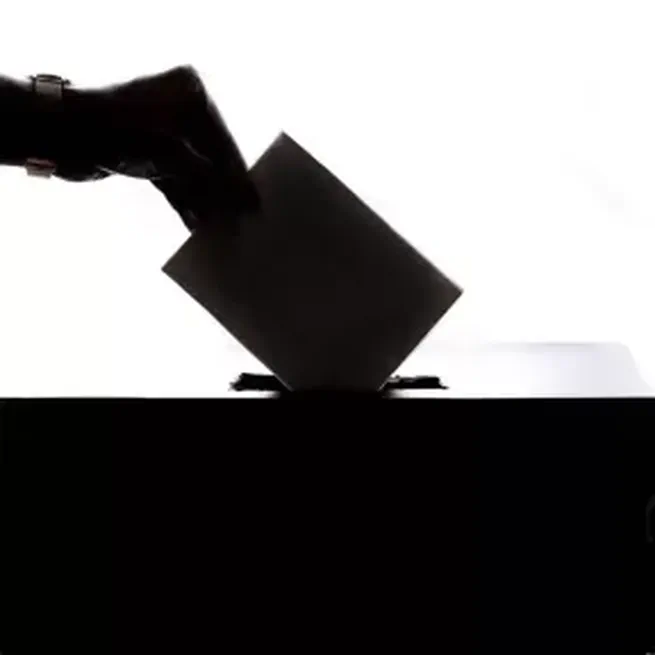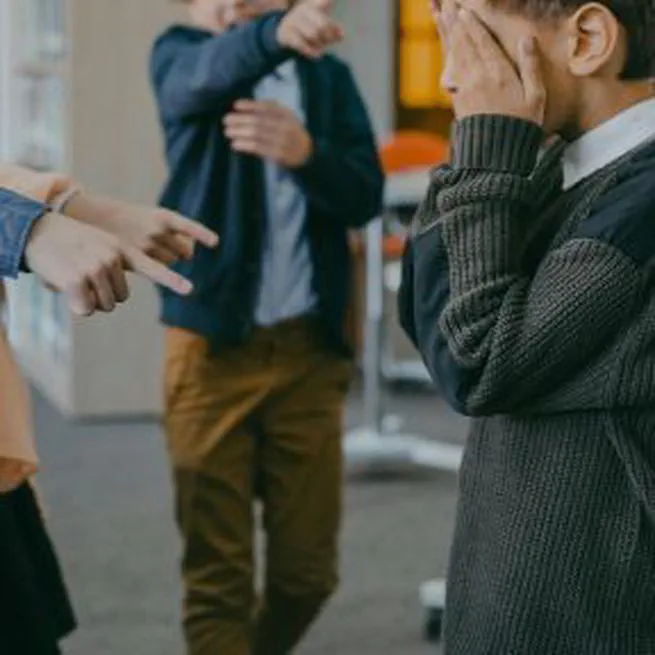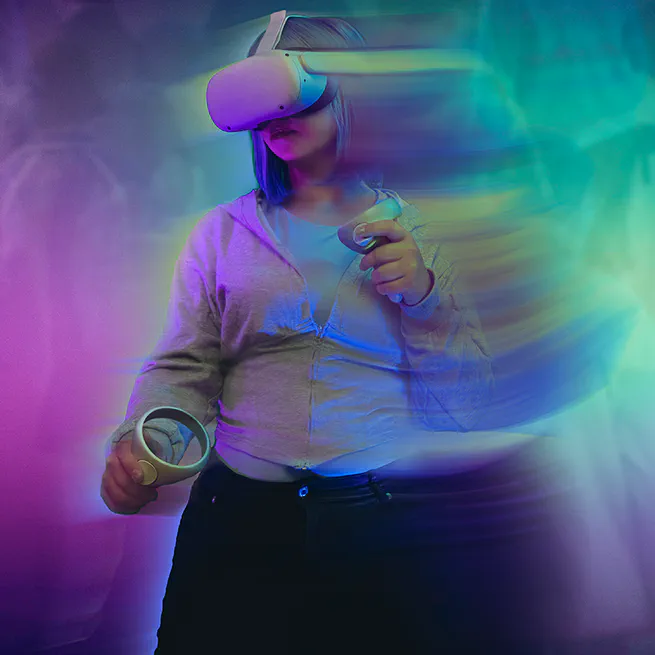
A Swiss study found that VR presentations led to more positive votes, regardless of negative framing. VR’s immersiveness can override content, influencing political decisions through experience. Most participants using VR did not detect whether the content was pro or con.
Jul 24, 2025

A new study utilizing AI-generated faces reveals that people consistently rate individuals perceived as overweight lower in attractiveness and competence, highlighting pervasive implicit weight bias. This research suggests that even AI models may reflect existing societal biases due to skewed training data, underscoring the need for diverse and realistic representations to accurately measure and address prejudice.
Jul 22, 2025

A recent virtual reality study explored implicit gender bias. In the study, harassment felt real when participants occupied the opposite-gender body Men embodying women showed a reduction in implicit bias.
Jun 16, 2025

A pilot study in U.S. middle schools demonstrated that a VR-enhanced bullying prevention curriculum significantly increased students' empathy and reduced bullying behaviors, fostering a stronger sense of belonging. By allowing students to experience bullying scenarios immersively, VR effectively reduces psychological distance, making the impact of bullying more immediate and personal.
May 19, 2025

A new study reveals that experiencing homelessness through immersive Virtual Reality (VR) significantly reduces negative attitudes and increases willingness to help unhoused individuals, with effects lasting over a week. By allowing participants to feel social exclusion firsthand, VR effectively closes the "empathy gap," offering a powerful tool for promoting compassion and social change.
Apr 22, 2025

A new study utilized virtual reality (VR) and fMRI to measure real-time brain activity and emotional responses to different social groups, revealing how subconscious stereotypes are triggered by perceived warmth and competence. Findings show that physical proximity to negatively stereotyped outgroup members, even in VR, can evoke discomfort, suggesting VR's potential as a unique tool for studying and possibly reducing prejudice.
Mar 18, 2025

A new study suggests that common cyber identity, a shared sense of belonging developed within virtual reality (VR) environments, can significantly reduce prejudice. By emphasizing cooperative interactions in VR, real-world social markers fade, fostering unity among avatars and improving attitudes, particularly implicit biases, towards outgroup members.
Feb 19, 2025

Virtual reality (VR) is increasingly recognized as a powerful tool to combat prejudice across diverse marginalized groups by allowing users to embody or interact with avatars of others. While VR offers unique opportunities to foster empathy and challenge biases, effectively designed experiences are crucial to avoid unintended negative outcomes and ensure lasting positive change.
Dec 16, 2024

A recent study demonstrates virtual reality's (VR) potential to reduce prejudice through intergroup contact, showing that cooperative VR interactions can positively shift explicit attitudes (in Finland) and reduce implicit biases (in Italy) toward minority groups. However, the study also highlights that the effectiveness of VR interventions depends heavily on fostering cooperation, as competitive scenarios had no impact on attitudes.
Dec 16, 2024

A new study suggests that positive cooperative interactions in virtual reality (VR) can reduce prejudice not only towards the group directly involved but also extend positive attitudes to other unrelated outgroups, a phenomenon called the secondary transfer effect (STE). However, the study also indicates that competitive VR interactions may hinder this effect and that VR primarily influences explicit, rather than implicit, biases.
Nov 8, 2024